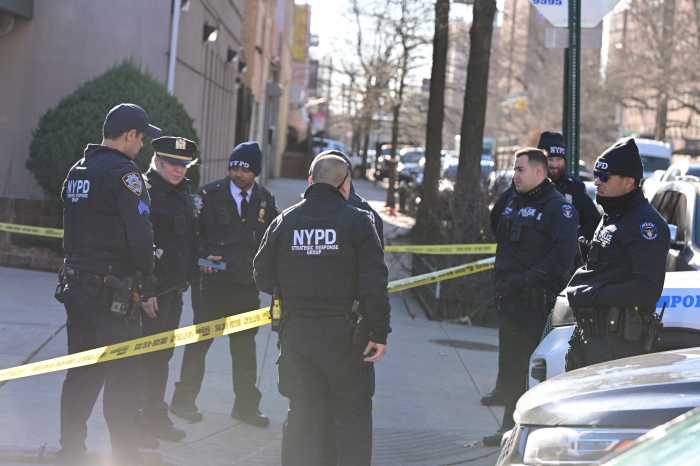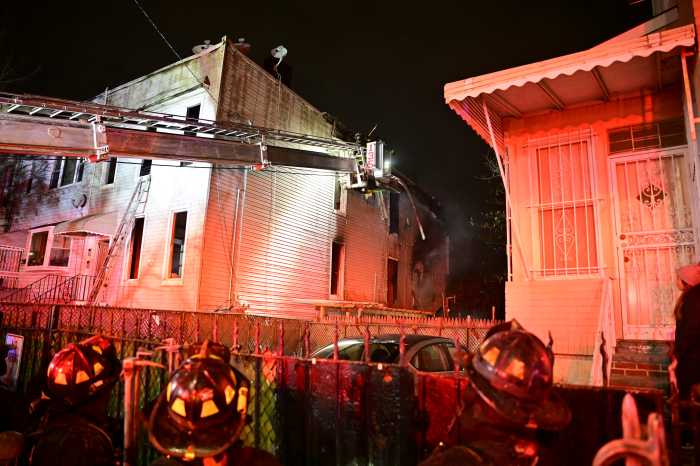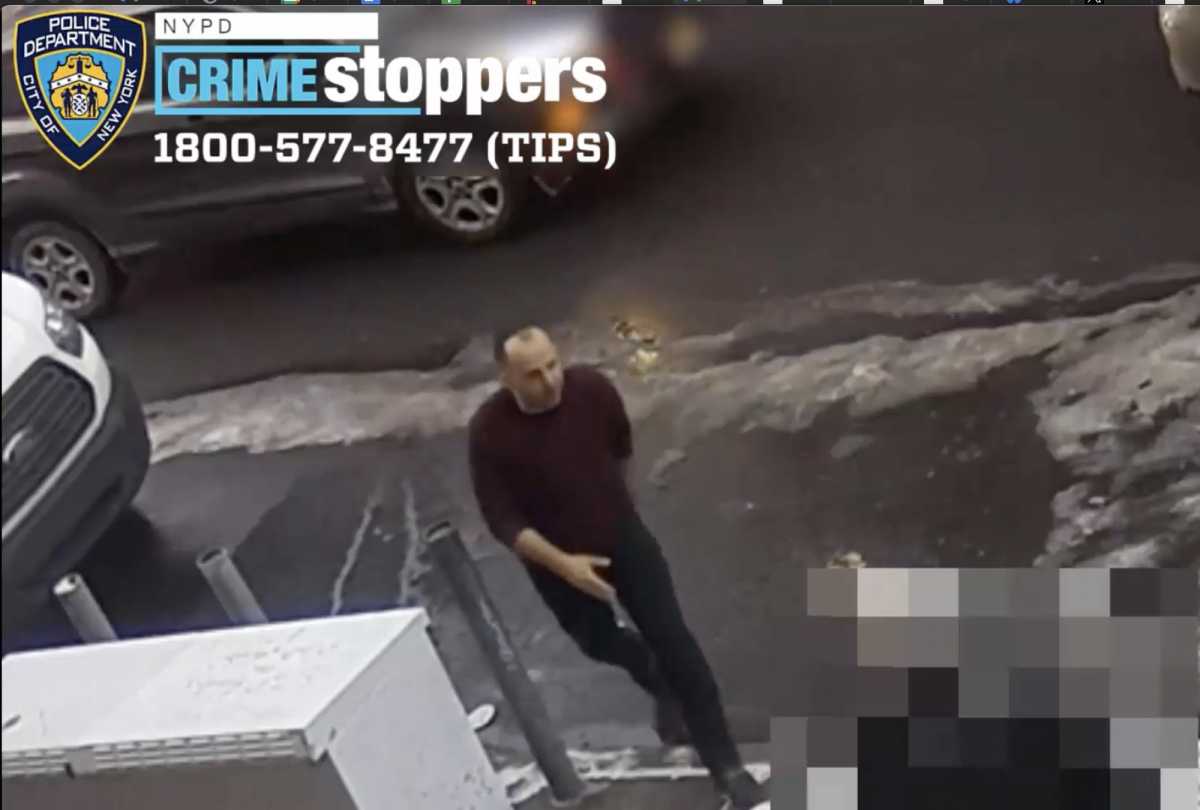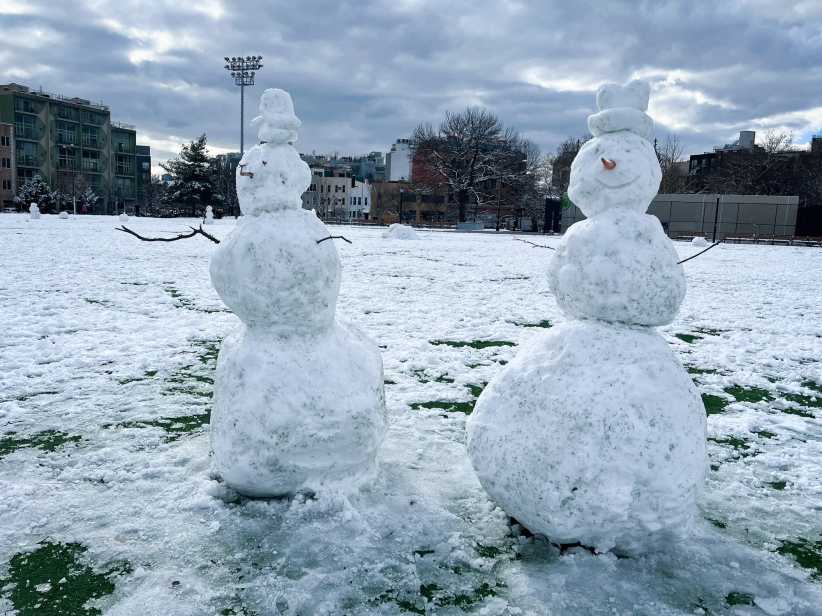Brooklyn District Attorney Eric Gonzalez will move to vacate the conviction of a man who pleaded guilty to a 1990 murder he did not commit after the true killer confessed, he announced on Thursday.
According to the district attorney, 50-year-old — to the manslaughter in 2009 as part of an agreement that allowed him to be released frm prison after serving 19 years. Throughout his entire sentence, McDowell has maintained his innocence, claiming it was his friend who was the killer. An investigation by the DA’s Conviction Review Unit confirmed that McDowell was innocent when the real killer, who has been referred to as “JD” in the CRU report, confessed, stating he was acting in self-defense.
“Our legal system failed Emel McDowell when he was wrongfully convicted of murder in 1990 and his release years later was conditioned on an admission to a crime he did not commit,” Gonzalez said in a statement. “A full reinvestigation by our Conviction Review Unit confirmed that another individual fatally shot the victim, as Mr. McDowell has consistently maintained, and today we will ask to give him his good name back.”
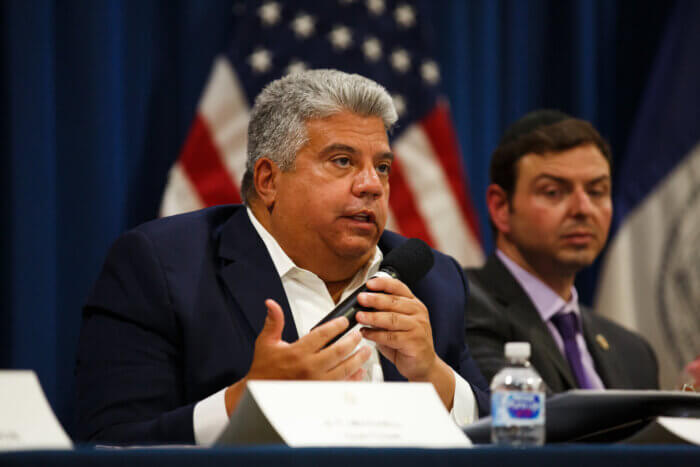
Based on the testimony of two witnesses McDowell was convicted of killing 19-year-old Jonathan Powell after a fight broke out a party at a Bedford-Stuyvesant apartment on October 27, 1990.
McDowell stood trial and was convicted of murder and possession of weapons after a police investigation that lasted less than 24 hours “despite conflicting accounts from several witnesses,” according to a DA spokesperson. He was sentenced to 22 years to life in prison.
After his sentencing, McDowell filed multiple motions declaring his innocence and asked that his conviction be thrown out or that his sentence be reduced. In a 2007 attempt at his innocence, he submitted a letter “JD” had sent to him in 1991, alluding to his involvement in the murder which read in part: “I don’t think I deserve to walk the face of the earth because one of my friends is locked up, for something that he didn’t do.”
The motion also included affidavits from six witnesses, all of whom said McDowell was innocent and three of which said it was “JD” who shot the victim. A judge ordered a hearing but, before it began, prosecutors offered the defendant a plea deal: if he pleaded guilty to manslaughter, he would be released from prison.
McDowell accepted the plea, and admitted in court that he possessed a handgun and was acting together with his friend “JD” when the friend fatally shot the victim.The defendant’s lawyer asked CRU to reinvestigate the case, claiming his client was pressured to plead guilty because he did not want to spend more time in prison for a crime he did not commit.
The CRU reinterviewed many of the initial witnesses as well some involved in the prosecution and “became all but convinced of the veracity of the former friend’s 1991 letter”. The unit confirmed the letter was given to the court before the trial, but he did not investigate it and did not alert the prosecution about the letter.
CRU later interviewed “JD” who detailed the course events on the night of the 1990 murder. According to a DA spokesperson, “JD” said there was altercation inside the party between McDowell and his group of friends and another group of people at the party. As the group was leaving the location, the deceased, who had earlier threatened to kill “JD” and his friends, ran at them.”JD” then shot the victim in self defense. He also said McDowell was not armed.
According to the unit’s analysis the “defendant’s manslaughter conviction should be vacated for several reasons”.
“First, there is no question that JD, and not the defendant, shot and killed the deceased. Furthermore, although defendant’s manslaughter conviction was based on an acting in concert theory with JD as the shooter, such a theory is not supported by JD’s credible confession to CRU, and the accounts of some of the witnesses CRU interviewed,” the report said.
The analysis also claims a more thorough police investigation would have kept the defendant from being falsely convicted.
McDowell will appear in court on March 16 before Brooklyn Supreme Court Justice Matthew D’Emic.




